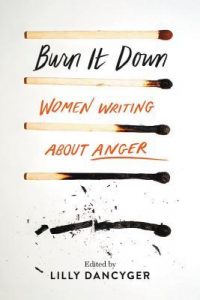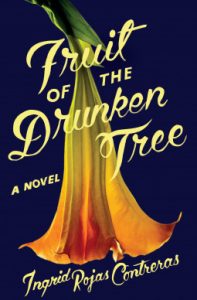 When’s the last time you laughed – a hearty, can’t catch your breath, rib-tickling – kind of laugh? Maybe it’s been a while. Maybe you just don’t think there’s anything to laugh about these days, during this challenging, tiring, and seemingly endless monotony we are living in. Maybe you feel guilty to laugh knowing that people in your community are struggling and suffering, knowing that life may not return to the way you remember. Maybe you are still reeling from the unforgivable atrocity against George Floyd, and rightly so (please see Karen’s enlightening blog post on allyship and anti-racism).
When’s the last time you laughed – a hearty, can’t catch your breath, rib-tickling – kind of laugh? Maybe it’s been a while. Maybe you just don’t think there’s anything to laugh about these days, during this challenging, tiring, and seemingly endless monotony we are living in. Maybe you feel guilty to laugh knowing that people in your community are struggling and suffering, knowing that life may not return to the way you remember. Maybe you are still reeling from the unforgivable atrocity against George Floyd, and rightly so (please see Karen’s enlightening blog post on allyship and anti-racism).
Yes, even with all these sorrows, our collective anger and outrage, we must make room for laughter. Humour can lighten our mental load, provide a much-needed respite from the unrelenting flow of bad news, and help us cope with this new world in which we find ourselves.
 We have much to be grateful for. Many of us are surrounded by a loving circle of comrades who are enduring quarantine right alongside us. We have seen so many of our community members dedicate their time, resources, and energy to help those less fortunate. And we have prevailed, finding new and innovative ways to connect, exercise, relax, and nourish our souls (#TogetherVaughan). We are gonna get through this!
We have much to be grateful for. Many of us are surrounded by a loving circle of comrades who are enduring quarantine right alongside us. We have seen so many of our community members dedicate their time, resources, and energy to help those less fortunate. And we have prevailed, finding new and innovative ways to connect, exercise, relax, and nourish our souls (#TogetherVaughan). We are gonna get through this!
I’m here to tell you that laughter truly is the best medicine. It’s a scientific fact! Laughter decreases stress hormones, increases immune cells and infection-fighting antibodies, and thereby actually improves your resistance to disease. Take a moment to let that sink in. Laughter, yes, plain old-fashioned heart pumping laughter, is actually a disease-fighting superhero!
Below are some of my tried and true favourites to ease the doldrums, put a smile on your face, and warm your heart. Most are available in digital form, however, if you prefer a physical copy, Vaughan Public Libraries has you covered with curbside pickup at select branches. Continue reading

